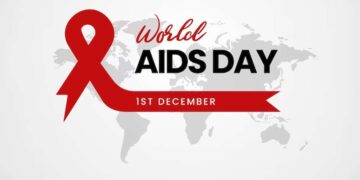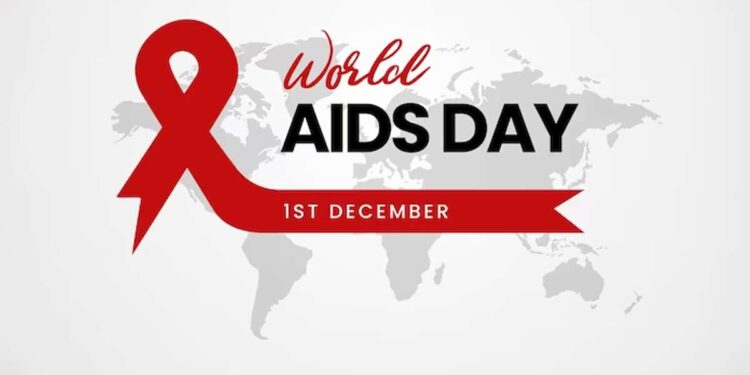By Ebi Kesiena
In a bid to combat HIV, Johannesburg-based Kiara Health is set to manufacture silicone vaginal rings designed to protect against the virus.
According to the Population Council revealed on Friday, production is slated to commence in the next few years, with an estimated annual output of 1 million rings. This move is anticipated to significantly reduce costs and enhance accessibility, according to AIDS experts.
The Population Council, a non-profit organization, holds the rights to the rings, currently produced by a Swedish company. Donors have funded approximately 500,000 rings, which are provided at no cost to women in Africa.
Ben Phillips, a spokesperson at the U.N. AIDS agency, said the advantage of the ring is that it gives women the freedom to use it without anyone else’s knowledge or consent.
“For women whose partners won’t use a condom or allow them to take oral (preventive HIV) medicines, this gives them another option,” he said.
HIV remains the leading cause of death among women of reproductive age in Africa and 60% of new infections are in women, according to figures from WHO.
The ring releases the drug dapivirine in slow doses over a month. It currently costs $12 to $16, but experts expect the price to drop once it is widely produced in Africa. Developers are also working on a version that will last up to three months, which should also lower the yearly cost.
WHO has recommended the ring be used as an additional tool for women at “substantial risk of HIV” and regulators in more than a dozen African countries, including South Africa, Botswana, Malawi, Uganda and Zimbabwe have also given it the green light. WHO cited two advanced studies in its approval, saying the ring reduced women’s chances of getting HIV by about a third, while other research has suggested the risk could be dropped by more than 50%.
Last year, activists charged the stage in a protest during last year’s biggest AIDS meeting, calling on donors to buy the silicone rings for African women.


































